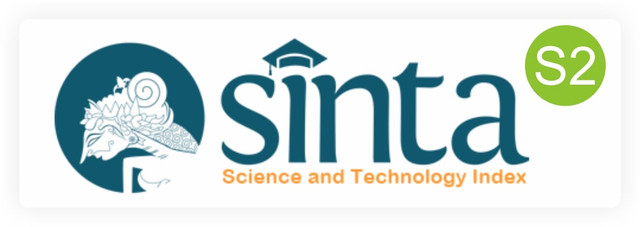Validity and reliability of the world health organisation-five well being index (WHO-5) questionnaire in early detection of depression during Covid-19 pandemic in Yogyakarta
DOI:
https://doi.org/10.12928/pharmaciana.v13i2.24319Keywords:
Covid-19, depression, WHO-5, validity, reliabilityAbstract
The Covid-19 pandemic in Indonesia, including Yogyakarta, has created a psychological impact on the community. One of the psychological impacts is depression. This issue can be overcome by early detecting depression using an instrument called the World Health Organization-Five Well-Being Index (WHO-5). Unfortunately, this instrument is currently unavailable in the Indonesian version. Therefore, this study aims to obtain a valid and reliable Indonesian version of the WHO-5, which can later be used by pharmacists as an instrument to early detect depression in Indonesia, especially in Yogyakarta. This research employed a cross-sectional design. The research subjects were people who visited Apotek UAD 1 and 2, who met the inclusion and were not included in the exclusion criteria. The WHO-5 questionnaire proceeded through a translation process from the English version to the Indonesian version. The original version of the WHO-5 questionnaire, which was the final translated version, was tested on 40 respondents to gain its validity and reliability. The analysis of the validity test using the Pearson Correlation of five questions on the WHO-5 questionnaire has revealed an average value of r = 1, indicating that the questionnaire is valid. The result of the reliability test with Cronbach Alpha is 0.853. In conclusion, the Indonesian version of the WHO-5 questionnaire meets the validity and reliability criteria so that the questionnaire can apply to the community.
Downloads
Published
Issue
Section
License
Authors who publish with Pharmaciana agree to the following terms:
- Authors retain copyright and grant the journal the right of first publication with the work simultaneously licensed under a Creative Commons Attribution License (CC BY-SA 4.0) that allows others to share the work with an acknowledgment of the work's authorship and initial publication in this journal.
- Authors are able to enter into separate, additional contractual arrangements for the non-exclusive distribution of the journal's published version of the work (e.g., post it to an institutional repository or publish it in a book), with an acknowledgment of its initial publication in this journal.
- Authors are permitted and encouraged to post their work online (e.g., in institutional repositories or on their website) prior to and during the submission process, as it can lead to productive exchanges, as well as earlier and greater citation of published work.


1.png)











